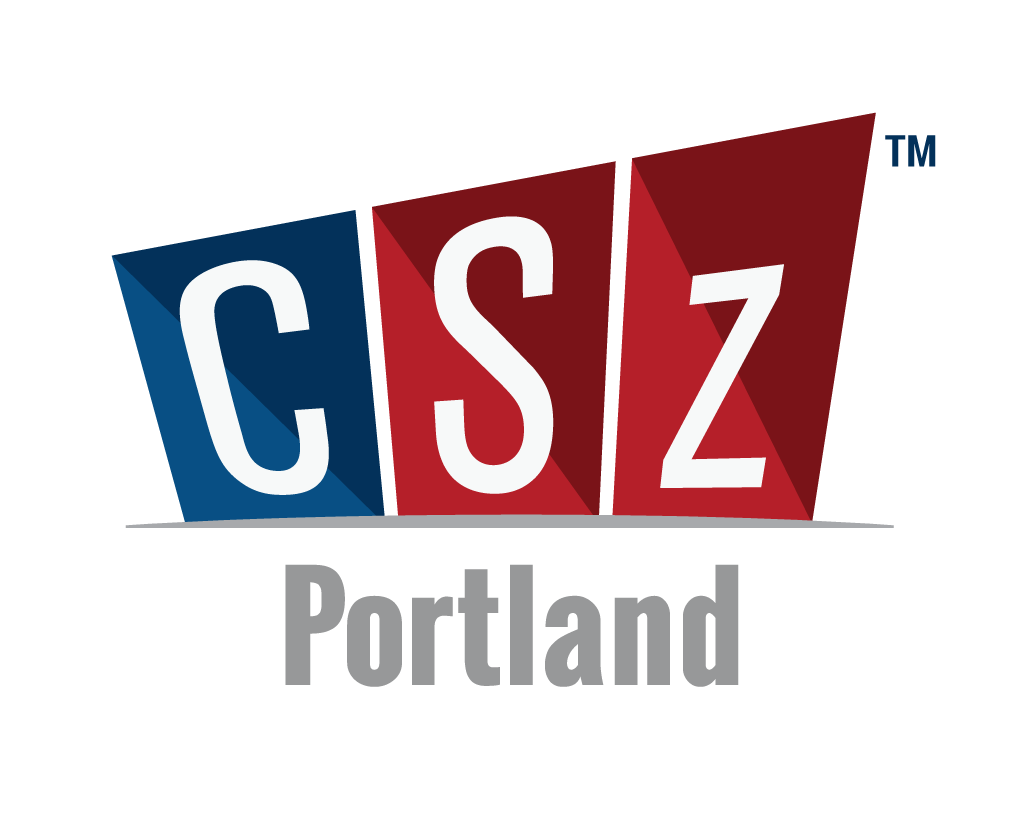Status
/The great improvisational teacher Keith Johnstone pioneered the idea of using status as a tool in improvisational theater. Human beings give each other physical and verbal cues to establish status. If someone has high status, they’re calling the shots; if someone has
low status, they’re the peon.
Status is a seesaw, Johnstone explains—you push one end down, the other end pops up. You can raise my status either by saying “I’m smart” or “You’re dumb.”
If you’ve ever walked toward another person on a sidewalk, or in a hallway and had to do an awkward little dance to figure out which side you’ll pass each other on, you’ve experienced one of the simplest example of a status battle.
We use the tool of status onstage to make our scenes more dynamic. We find that equal status situations aren’t very interesting to watch. It’s interesting that in real life, equal status (or near equal status with give and take) gets positive results.
These on-stage status battles aren’t too far removed from reality. In many organizations, maintaining one’s status is more important than getting anything done. We teach it to business people to help them understand the sub-textual power struggle at work in any human interaction.
Caught in a status battle? See what changes if you match the other person’s status. See what happens if you raise their status. Since status attacks are often the work of insecure people, try a little flattery. And look how status games connect to bullying.
In our work, we’ve found Status to have profound effects on Customer Service. We’ll post more on that soon.
Excerpted from Jill and Patrick’s Small Book of Improv for Business. Thanks to Jill Bernard for her essential contributions.


